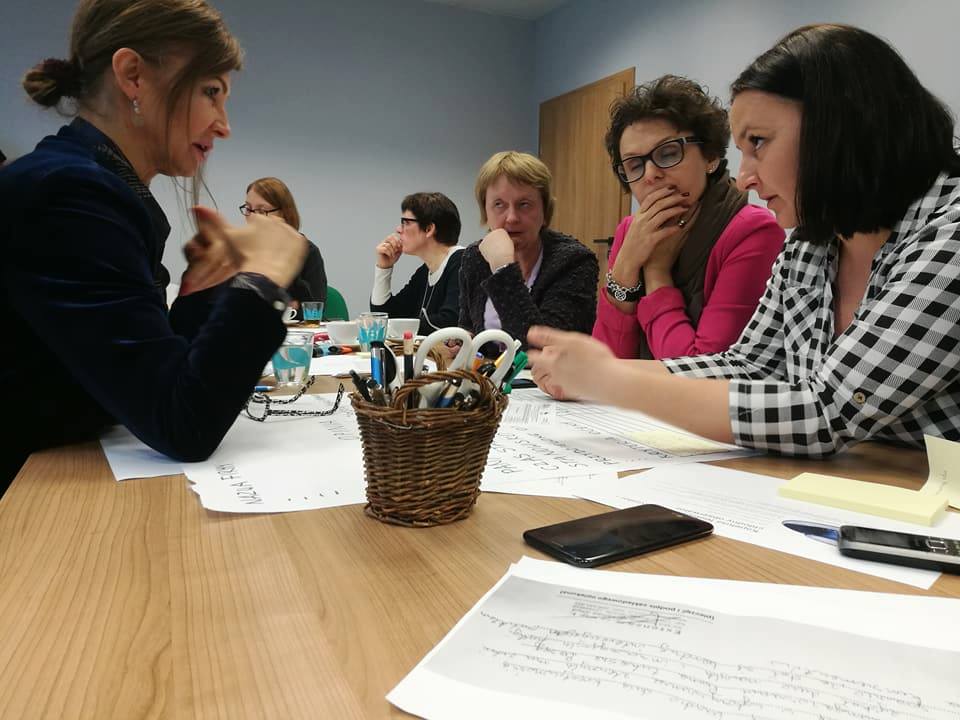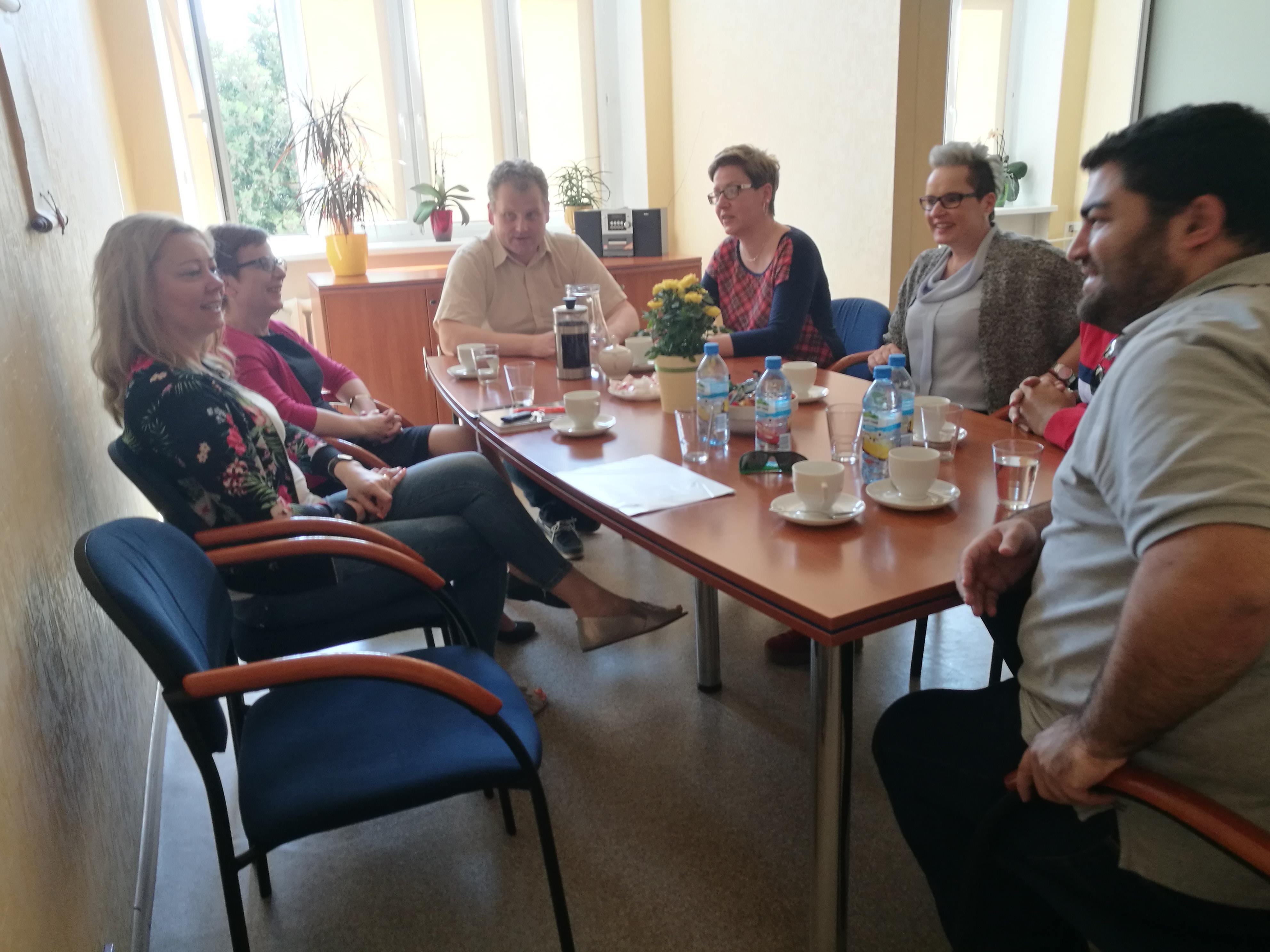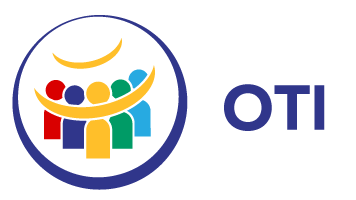Completed Projects
Development Zone
Development Zone – An Innovative Model of Acquiring Needed Skills to the Labour Market (TCA)
An approved EU funded project by the ESF and visible on Europa.EU site. A partnership between One Terrene International and Fundacja Akceleracji i Inkubacji Biznesu from Poland.
Duration 01/06/2017 - 31/05/2020
{edsnewanimate|class="eds-animate edsanimate-sis-hidden "|data-eds-entry-animation="fadeInUp"|data-eds-entry-delay="2"|data-eds-entry-duration="1"|data-eds-entry-timing="linear"|data-eds-exit-animation=""|data-eds-exit-delay=""|data-eds-exit-duration=""|data-eds-exit-timing=""|data-eds-repeat-count="1"|data-eds-keep="yes"|data-eds-animate-on="load"|data-eds-scroll-offset=""}

{/edsnewanimate}
{edsnewanimate|class="eds-animate edsanimate-sis-hidden "|data-eds-entry-animation="fadeInUp"|data-eds-entry-delay="2"|data-eds-entry-duration="1"|data-eds-entry-timing="linear"|data-eds-exit-animation=""|data-eds-exit-delay=""|data-eds-exit-duration=""|data-eds-exit-timing=""|data-eds-repeat-count="1"|data-eds-keep="yes"|data-eds-animate-on="load"|data-eds-scroll-offset=""}




{/edsnewanimate}
| TCA acronym |
Development Zone
|
|---|---|
| TCA Title in another language |
Strefa Rozwoju - innowacyjny model zdobywania kompetencji potrzebnych na rynku pracy
|
| TCA status |
Green -
|
| Partnering projects |
Partner project:
MAs approval status:
Approved
Country:
Poland (PL)
Project budget for transnational cooperation: € 208771.00
Total TCA budget for transnational cooperation: € 208771.00
|
| Main contact organisation | |
| Rationale & objectives |
The main objective of the project is to develop and implement a model of Development Zone - a new solution that would be created thanks to the cooperation with the English partner in thematic area 4: Aligning the access to learning throughout life by formal, informal and non-formal all ages, raise awareness, improve the skills and competences of the workforce and promoting flexible learning pathways including through career counselling and acknowledgment of acquired competences. The objective of the project is to develop and implement innovative solutions which expands the knowledge and skills of Polish middle and high schools teachers in terms of supporting young people with the skills and competencies required in the changing labor market. The team activities will include 50 educational experts and100 students. Including selected educational institution. This goal will be achieved by:
Added Value:
Problem addressed
|
| Work programme and working methodology |
Project activities will focus on adaptation to Polish conditions, solutions functioning in the British educational system (including the assessment method Development Center, a web portal with descriptions of occupations, Student coaching, internships, work samples), which can be implemented in the Polish educational institutions.
Working on this innovation guarantee: constant cooperation of British and Polish experts, study visits in the UK, the creation and operation of a virtual platform with products created on the project and development of e-publications. The adequacy of this innovation model to the educational needs, youth and adults in Poland will guarantee an emphasis on education meta skills and embedding in to the realities of local labor markets. Implementation of a transnational cooperation project consists of 6 stages:
Actions 1, 3, 4 must include a transnational partner, whereas for stages 2, 5, and 6 actions involving a transnational partner are not mandatory.
As an ESF call for proposals was not made available by the ESF Managing Authorities, of the United Kingdom on the EST TP website, here after is some information of the English partner organisation (see further information in the attached TCA document):
|

